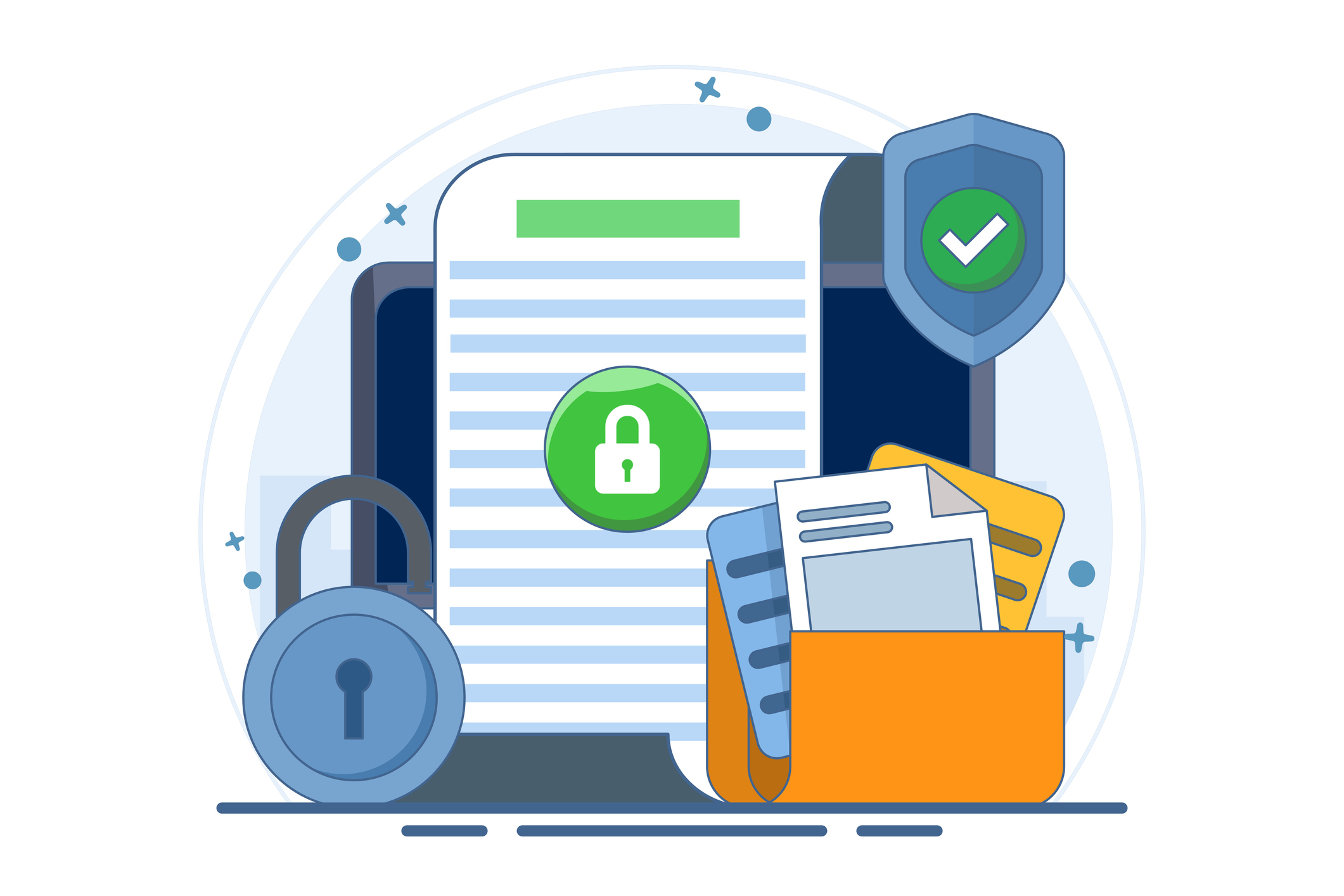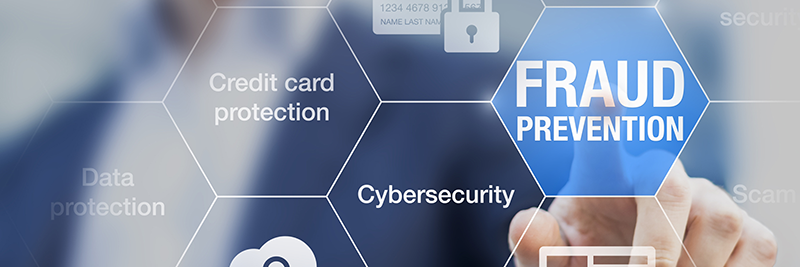
2025-07-01
Understanding the Importance of Being Proactive with ChatGPT
In the realm of artificial intelligence, ChatGPT has emerged as a powerful tool that enhances comm

2025-06-26
Stephanie O’Neal Named AVP of Collections at Greater Texas|Aggieland Credit Union
Austin, June 26, 2025 – Stephanie O’Neal, a three-decade financial services industry veteran, has b

2025-06-19
Greater Texas Credit Union Celebrates Opening of New Northwest Austin Location
AUSTIN, June 19, 2025 – The growing Northwest Austin area is now home to a new branch of Greater Te

2025-06-01
Email Masking: Understanding Its Importance and Applications
As digital communication grows, so do concerns around privacy and security. Email masking is a simp

2025-05-08
Sidney Henderson Advances to SVP Marketing at Greater Texas|Aggieland Credit Union
Austin, Texas, May 8, 2025 – Greater Texas|Aggieland Credit Union has announced the promotion of S

2025-05-01
Vacation Rental Scams: A Prevention Checklist
Vacation rentals can offer comfort and flexibility, but their rising popularity has led to an incr

2025-04-30
Greater Texas|Aggieland Credit Union Earns Three Diamond Awards in Annual National Marketing Competition
AUSTIN, April 30, 2025 – Greater Texas|Aggieland Credit Union took home three prestigious Diamond

2025-04-16
Shaun Dawson Named Edinburg Branch Manager for Greater Texas Credit Union
Edinburg, Texas, April 16, 2025 – Shaun Dawson, who has worked for 25 years at the Greater Texas C

2025-04-01
Storing Secure Documents Online: A Comprehensive Guide
In today’s connected world, securely storing documents online is more important than ever. With the

2025-03-01
Information Verification Scams: Protecting Yourself from Impersonators
Information verification scams typically involve a fraudster contacting you under the pretense of b

2025-02-01
Lottery and Raffle Scams: What You Need to Know and How to Protect Yourself
Lottery and raffle scams often involve promises of large cash prizes or valuable items in exchange

2025-01-01
Online Fraud Prevention: Essential Steps to Keep Your Finances Safe
In today’s digital age, the internet is an integral part of our daily lives, making tasks more conv

2024-12-01
End of the Year Fraud Prevention: Safeguarding Your Finances
As the year draws to a close, businesses and consumers alike gear up for celebrations, finalizing

2024-11-01
Charity Fraud: Understanding, Identifying, and Preventing It
Charity fraud is an insidious crime that plays on the goodwill and generosity of people wanting to

2024-10-09
Texas State University Student Wins Cruise by Using Greater Texas|Aggieland Card
Austin, Texas, October 9, 2024 – Texas State University student Michael Valdez has a great vacation

2024-10-03
Amanda Yates Tapped as AVP Payment Growth & Product Management at Greater Texas Credit Union
Austin, Texas, Oct. 3, 2024 – Greater Texas Credit Union is further strengthening its payments team

2024-10-01
What Are Impostor and Impersonator Scams?
What Are Impostor and Impersonator Scams? Impostor scams are a form of fraud where criminals pose
.png)
2024-09-26
Habitat for Humanity works with Local Credit Unions to Build Fifth House that Credit Unions Built
Austin, Texas, Sept. 26, 2024 – An executive assistant with Austin Independent School District will

2024-09-01
Hurricane and Disaster Fraud Schemes: Protecting Yourself in Times of Crisis
Hurricane and disaster fraud schemes have become increasingly common, costing victims millions of

2024-08-12
Christina Gonzales Promoted to Branch Manager of Greater Texas Credit Union
Kyle, Texas, August 12, 2024 – Christina Gonzales of Kyle has been promoted to Branch Manager of th
.png)
2024-08-01
Wrong Number Texting Scams: How to Recognize and Avoid Them
Scammers have found new and innovative ways to target unsuspecting victims. One such scam that has
.png)
2024-07-23
Greater Texas Employees Support Kids whose Siblings are Battling Cancer
For kids with sisters or brothers battling cancer, life can be difficult, and a group of employees
.png)
2024-07-01
Phone and Email Masking: The Cybercriminals Tools of the Trade
In the age of digital communication, cybercriminals have an array of sophisticated tools at their
.png)
2024-06-01
Gas Pump Skimming: What to Watch for This Summer Travel Season
As the summer travel season approaches, it's important for drivers to be aware of a growing threat

2024-05-01
Beware of Purchase Scams: Protect Yourself from Overpayment Fraud
In the digital age, online selling has become increasingly popular, offering convenience and acces
.png)
2024-04-09
Greater Texas|Aggieland Credit Union Earned Three Diamond Awards Amid Record-Breaking Competition
AUSTIN, April 9, 2024 – Greater Texas|Aggieland Credit Union received the prestigious honor of thre

2024-04-01
Uncovering the Dangers of Wire Transfer Scams
Wire transfer scams are an increasingly common form of fraud that can result in significant financi

2024-03-01
Understanding Phishing Attacks
Understanding Phishing Attacks: Stay Alert and Stay Safe In today's digital age, where online comm
.png)
2024-02-22
Greater Texas Recognizes Longtime Partnership with Texas State University
San Marcos, Texas, Feb. 22, 2024 - Greater Texas Credit Union presented the Texas State University

2024-02-01
Protecting Yourself from Sweetheart Scams
Unveiling the Dark Side of Online Love: Protecting Yourself from Sweetheart Scams In today's digit
.png)
2024-02-01
Greater Texas|Aggieland Boosted Community Volunteer Efforts in 2023
Austin, Texas, Feb. 1, 2024 – Employees of Greater Texas|Aggieland Credit Union demonstrated their
.png)
2024-01-01
Beware of Cryptocurrency Scams
Cryptocurrency is essentially a “buyer beware” investment The new virtual currency is trendy but d

2023-08-30
Austin Chamber Honors Greater Texas Credit Union for Volunteerism and Employee Engagement
Austin, Texas, August 30, 2023 – Greater Texas Credit Union has received the Austin Gives Employee

2023-06-15
Marketing Association of Credit Unions Honors Greater Texas|Aggieland with Five Awards
AUSTIN, June 15, 2023 – Greater Texas|Aggieland Credit Union took home five awards from the annual
.jpg)
2023-04-26
Greater Texas | Aggieland Credit Union Wins Pinnacle and Diamond Awards for Marketing
AUSTIN, April 26, 2023 – Greater Texas|Aggieland Credit Union received awards in five marketing ca
.png)
2023-03-09
Greater Texas Credit Union Signs Multi-year Sponsorship with Texas State University Sports
Austin, Texas, March 9, 2023 – Greater Texas Credit Union and Texas State University have signed a

